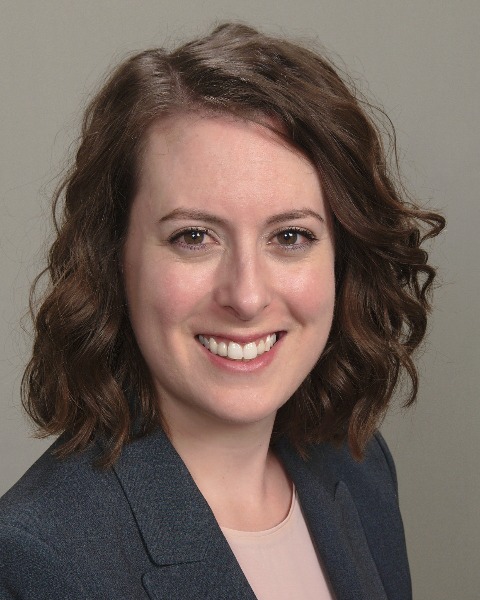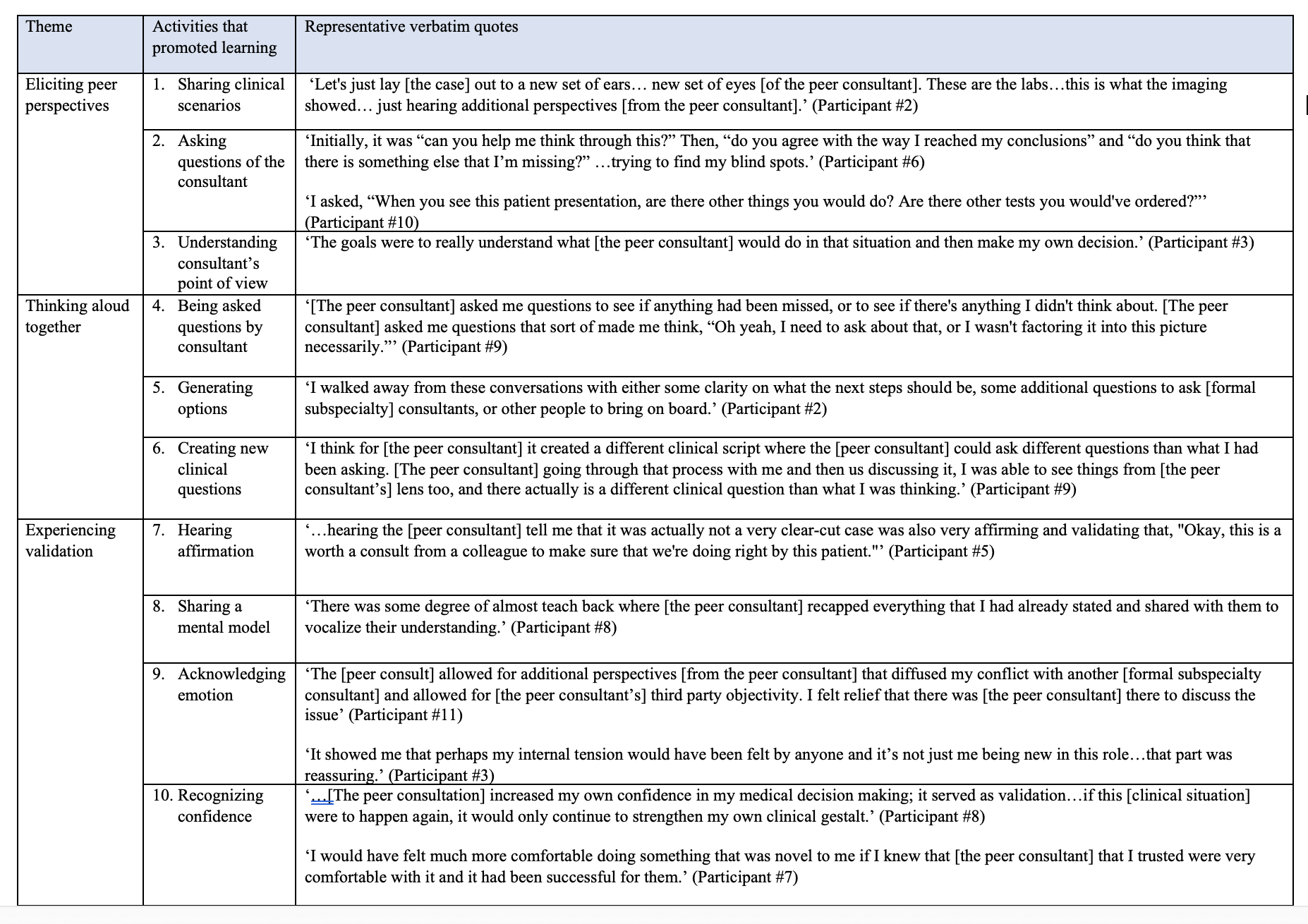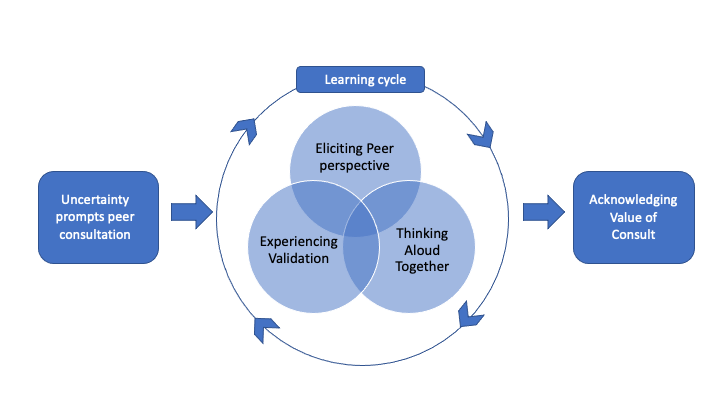Medical Education: Faculty Development
Medical Education 5: Faculty Development 1
513 - "Can You Help Me Think This Through?” How Pediatric Hospitalists Learn from Informal Peer Consultation
Publication Number: 513.227

Laura O'Neill, MD (she/her/hers)
Pediatric Hospital Medicine Faculty
Children's National Hospital
George Washington University
Alexandria, Virginia, United States
Presenting Author(s)
Background:
Informal peer consultation, or “curbside consultation,” is a common practice generally defined as a process in which a physician requests advice of a peer without the expectation that the peer will have prior knowledge of the patient, review the medical record, or independently perform a history and physical. Prior research has studied the process of and reasons for seeking informal peer consultation and how peer consultants are chosen. Previous research has also shown that informal peer consultation is used to learn from peers, but how this learning occurs has not been studied.
Objective:
Using a basic qualitative approach, this study aimed to describe how pediatric hospitalists learn during informal peer consultation. Kolb’s (1984, 2015) Experiential Learning Theory of Growth and Development framed this inquiry. Eleven pediatric hospitalists volunteered for interviews about recent experiences with informal peer consultations. Participants were given opportunity to review transcribed interviews as a form of member checks. De-identified transcripts were coded for key themes using qualitative methodology described by Saldana (2013). Thick, rich descriptions from direct participant quotes provided support for the thematic analysis of the data.
Design/Methods:
Results:
The perception of uncertainty was the main prompt for informal peer consultation. We identified 3 themes that described how learning occurred during informal peer consultation: “Eliciting Perspectives,” “Thinking Aloud Together,” and “Experiencing Validation” (Table 1). An additional fourth theme (“Acknowledging Value”) described the value of informal peer consultation for modeling how to manage uncertainty and communicating about uncertainty to others (Table 2). Participants learned through cognitive exercises by listening to peer perspectives and engaging in “think aloud” to explore clinical reasoning. Experiencing validation of emotions provided opportunity for participants to learn how to manage uncertainty and increased self-efficacy in decision-making skills. Participants used their experiences from informal peer consultation to model dealing with uncertainty and to guide conversations around uncertainty with both medical trainees and patient families (Figure 1). Peer consultation should be seen as a help-seeking tool to address uncertainty and promote peer-assisted, life-long learning. Future research should address if learning is impacted by use of a guiding framework during peer consultation. Additional studies may focus on if and how consultants also learn from the consultative experience.
Conclusion(s): 
.png)

